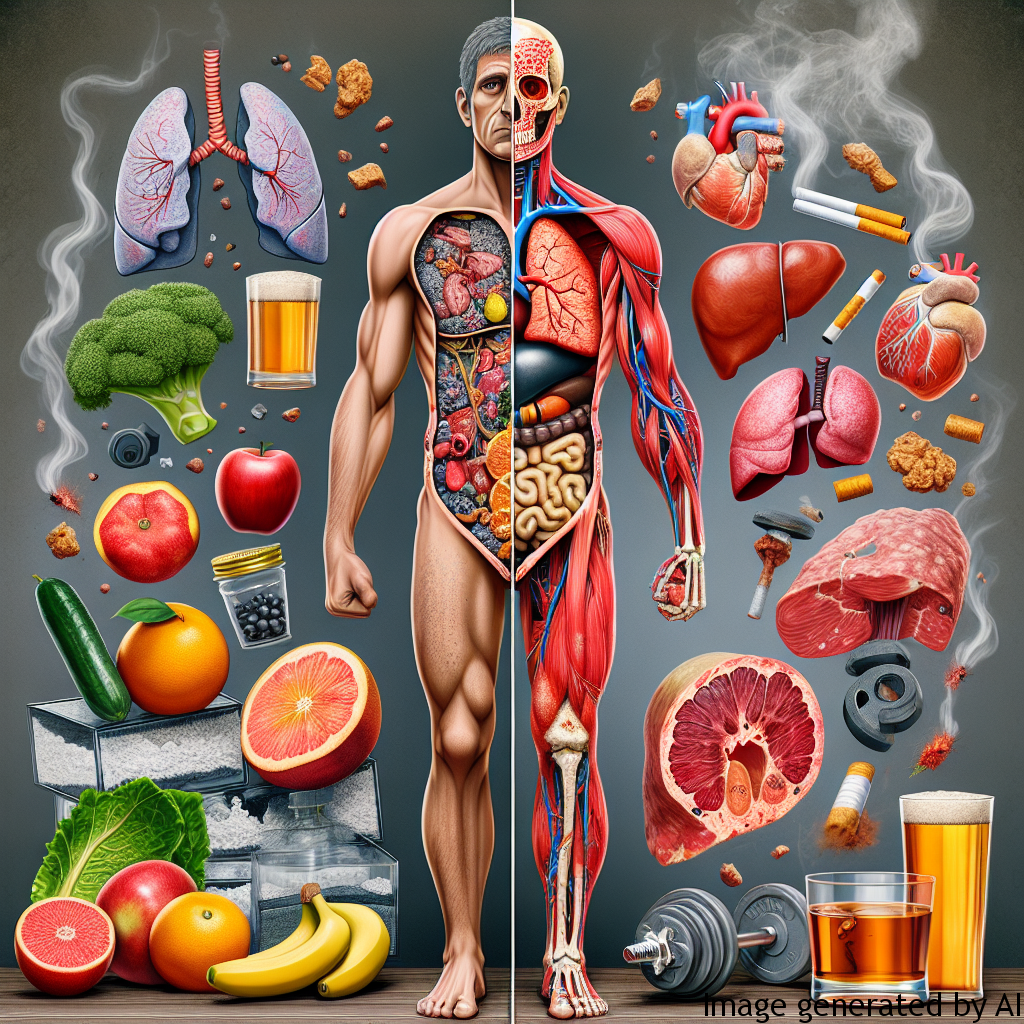Introduction
The consumption of alcohol and tobacco significantly influences our health, inducing a broad spectrum of diseases, such as lung cancer, heart disease, liver cirrhosis, and numerous other. They are the two most common risk factors for premature death and disability and are among the leading causes of preventable diseases. This article will assess the harmful effects generated by alcohol and tobacco and explain how these have taken a toll on our health.
Description of Gender Expectations and Their Impact on Men’s Psychological Health
The Role of Alcohol and Smoking in Defining Masculinity
Previous studies have demonstrated that societal norms and gender expectations play a substantial role in encouraging risky behaviors, including drinking and smoking. For instance, many cultures associate the consumption of alcohol and smoking with masculinity, contributing to a higher prevalence of these habits among men. This association can lead to psychological repercussions, like stress and anxiety due to the pressure of conforming to these expectations.
The Consequences of Adhering to These Expectations
The adverse physical effects of alcohol and smoking on men’s bodies are well-documented, but these habits also significantly impact men’s psychological health. Complying to gender roles and expectations can lead to chronic stress and anxiety. When men perceive that they must maintain an appearance of toughness and invulnerability, they are less likely to seek help, increasing the risk of developing mental health conditions, such as depression.
Examples of How Gender Roles Can Influence Men’s Lives
Research shows a causal relationship between gender roles, smoking, and alcohol consumption. For example, men may feel pressured to drink more in social situations to fit into the stereotypical image of a ‘hard-drinking man.’ Smoking can also be perceived as a way to manage stress and maintain a ‘cool’ image, which resonates with the traditional tough and reserved ‘manly’ image. Thus, gender roles instigate and normalize unhealthy behaviors in men, leading to numerous negative long-term health effects.
Advice on Improving Psychological Health with Respect to Gender Roles
Challenging societal gender norms is vital for reducing alcohol and smoking rates among men. This involves promoting healthy coping strategies for stress and acknowledging that seeking help for mental health issues is not a sign of weakness, but wisdom. Educating people about the detrimental effects of alcohol and smoking can equip them to make informed decisions about their health. Health professionals should also establish an environment that encourages men to discuss mental health issues openly without fear of judgment or stigma.
Conclusion
In conclusion, the impact of alcohol and tobacco on health extends beyond physical harm to psychological damage, with societal gender expectations playing a critical role in their use among men. Proactive steps to deconstruct these norms and establish healthy coping mechanisms are necessary to counteract these harmful effects. Society must move beyond stereotypical gender roles towards a more inclusive understanding of masculinity that promotes and rewards healthy behaviors.

